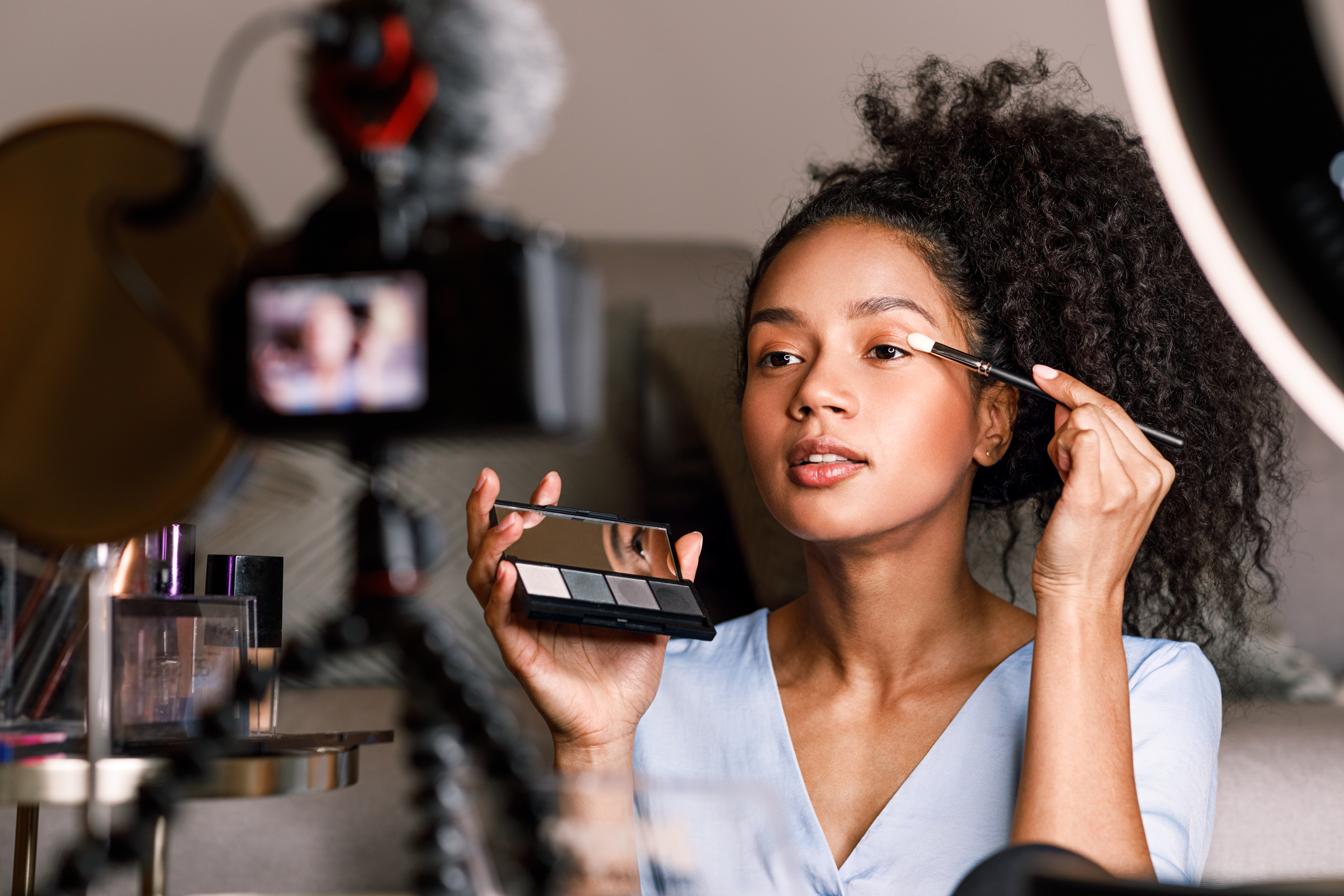How Influencer Marketing Has Redefined the Beauty Industry
Far beyond being an emerging trend, influencer marketing is now a fundamental part of the beauty industry. Businesses in this sector were among the first to realise the power of online influencers and make this form of marketing central to their customer engagement and brand-building efforts.
A truly effective influencer marketing campaign can help established beauty brands strengthen their relationships with consumers and empower smaller, emerging business to grow.
The Power of Influencers
It’s true that influencer marketing has experienced its fair share of challenges and difficulties over the past year or so, but there is no denying the huge potential this strategy continues to hold for beauty brands that want to make a strong connection with their audience.
Working with influencers can unlock many powerful advantages, such as the level of authenticity your products can achieve when they are supported by someone who has the respect and admiration of an army of online followers.
According to the Influencing Beauty report from Celebrity Intelligence, 98 per cent of survey respondents from the beauty industry believe influencer marketing is effective. For every £1 spent on this strategy in 2017, brands secured an average return on investment of £8.81.
As the sector continues to evolve, however, it’s important for businesses to be aware of the pitfalls opening up in this space, often in relation to authenticity and influencer motivations. Another significant consideration is how influencers are driving broader trends and redefining the beauty industry as a whole.
How Influencers Are Shaping the Industry
The most powerful influencers have evolved from being supporters of brands, to brands in and of themselves.
One of the clearest examples of this is Kylie Jenner, one of the top ten most-followed Instagram users, who launched her Kylie Cosmetics brand in November 2015. According to Forbes, which recently named Jenner the youngest ever self-made billionaire, the company increased its revenue by nine per cent last year to approximately $360 million (£274.6 million) and is now worth at least $900 million.
Rihanna has also successfully made the leap from the celebrity world to the business domain with her Fenty Beauty range, which generated €500 million (£431.8 million) in sales during its first full year in business, according to figures released by French beauty conglomerate LVMH. This led to reports that Fenty Beauty and Kylie Cosmetics were in a race to see which could become a billion-dollar brand first.
Another name that looks set to attract more attention in the industry this year is Patrick Ta, the make-up artist to the stars who recently launched his own beauty brand. The launch event was attended by the likes of Olivia Munn, Alessandra Ambrosio and Rosie Huntington-Whiteley.
The success of these brands provides an insight into where the beauty industry could be heading, with influencers playing an increasingly significant role in shaping tastes and dictating trends.
What This All Means for Beauty Brands
If you are a beauty brand, one of the most valuable lessons to take from the explosion of influencer marketing is the power of authenticity.
Regardless of her glamorous lifestyle and sizeable bank balance, Kylie Jenner is viewed by her fans as a relatable individual. Her powerful presence on social media supports strong relationships with millions of followers, which in turn provides the foundation for the success of the Kylie Cosmetics brand.
Some 500 consumers aged 18 to 34 years were surveyed for the Influencer Marketing 2020 report from Econsultancy and Influencer Intelligence, and the majority of respondents showed a preference for influencers who deliver authentic, engaging content.
Nine out of ten marketing professionals said proving authenticity is vital to the future of influencer campaigns, while all marketers agreed that relevance is the most valuable attribute in influencers.
Furthermore, it’s important to remember that, however powerful influencers become, they will never be a replacement for a strong brand. Research carried out in the UK by InternetRetailing Expo found that 45 per cent of consumers trust recommendations that come directly from a brand, compared to 29 per cent who trust online influencers.
In the modern beauty industry, genuine success depends on having an authentic, relevant and engaging brand, which has earned loyalty by providing quality products and a rewarding customer experience.
The core principles of your brand should be represented in everything from your social media content, to outdoor advertising, to your website. By investing in expert language services such as international SEO and localisation, you can ensure your essential brand identity runs throughout your marketing assets and communications as you expand overseas.
To see how Locaria can help you build a brand and achieve your ambitions in the fast-moving beauty industry, contact us today.



